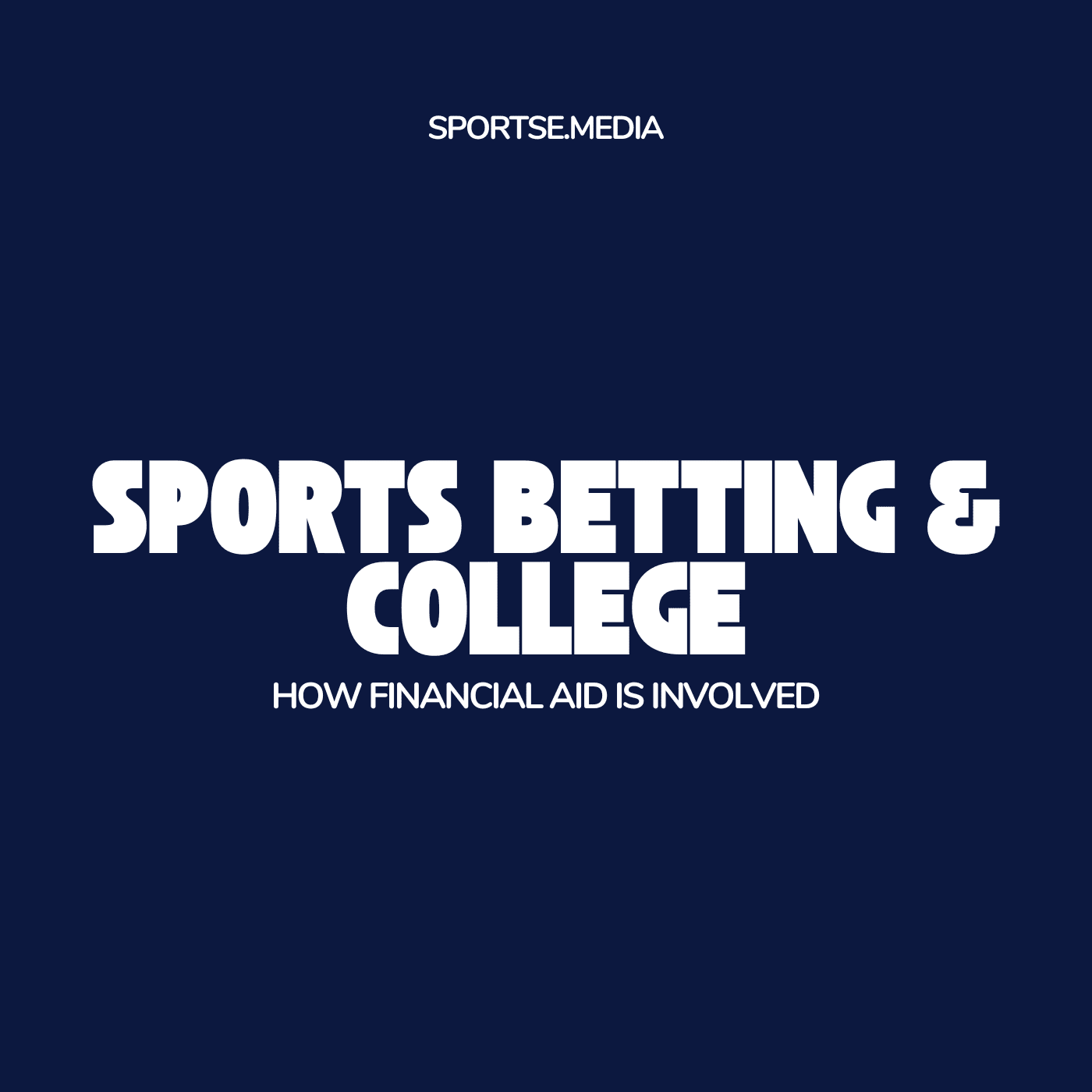On a typical Sunday at Rowan University, students huddle around laptops and phones—not to study for exams, but to check the latest NFL lines and parlays. Across dining halls, dorms, and libraries, sports-betting chatter now rivals conversations about homework. What once might have been casual banter about a favorite team has, for many, become part of a new and risky college lifestyle.
This phenomenon—the rise of sports betting among college students—has quietly grown into one of New Jersey’s most pressing youth issues. Since the state legalized sports wagering in 2018, young men in particular have embraced mobile betting apps like DraftKings and FanDuel. With a smartphone and a credit card, the ability to gamble sits in every pocket, making college campuses one of the fastest-growing frontiers for the industry.
Betting as Campus Culture
“It’s all around you,” says Paige Britt, a recent Rowan graduate who recalls how pervasive betting talk became on campus. “Everywhere you go, guys have their phones out, talking about the latest line. For some, it was a way of life.”
That culture is not limited to Rowan. Students across the state describe similar scenes: weekend game-day watch parties turning into betting sessions, friendly rivalries escalating into costly wagers, and poker nights evolving into sports-book parlay marathons. What starts as camaraderie can quickly slip into compulsion, experts warn.
A Growing Addiction Risk
For many students, college is the first taste of independence, away from family oversight. That freedom, combined with aggressive marketing from sports books and the thrill of instant results, has made campuses particularly vulnerable.
Mental health professionals in New Jersey say they’ve seen a spike in young people seeking counseling for gambling problems. A Fairleigh Dickinson University poll confirmed the trend: 10 percent of men aged 18–30 in New Jersey struggle with problem gambling, compared with just 3 percent of the general population.
The Council on Compulsive Gambling of New Jersey reports that calls to its 800-GAMBLER hotline have surged nearly 300 percent since legalization—most of them from young men, many still in school.
From Friendly Bets to High-Stakes Losses
Stories from students highlight how quickly the fun can spiral. Rowan alum Aidan Dougherty placed his first legal bet on a baseball game and quickly got hooked, eventually losing big alongside classmates who wagered thousands.
Others, like Lake Hopatcong native Evan Valentini, grew up around casual betting traditions with family, which transitioned seamlessly into online wagering with friends. “It’s everywhere, and it’s easy to get in over your head,” he admits. “All you need is a cell phone and a credit card.”
The Role of Marketing and Technology
According to Lia Nower, director of the Center for Gambling Studies at Rutgers University, the design of sports-betting apps blurs the line between social media and gambling. Students can challenge friends, make micro-bets in real time, and stay locked into apps for hours. “It starts with fun bets for points,” Nower explains. “Before you know it, those points turn into cash, and students are losing real money.”
The advertising is relentless. Sports-book logos plaster TV broadcasts, billboards, and even social feeds, normalizing gambling for a generation already wired for digital competition.
Lawmakers Struggle to Catch Up
While New Jersey reaps enormous tax revenue from gambling—over $6.3 billion in 2024 alone—legislators are increasingly worried about the downside. Governor Phil Murphy recently signed a law prohibiting public colleges from forming direct partnerships with sports-betting companies, after outcry over a deal in Colorado that allowed a sports book to advertise on campus.
But some lawmakers say more is needed. State Senator Paul Moriarty, who sits on the Senate Higher Education Committee, argues that micro-betting—placing wagers on small, in-game events like the outcome of a single pitch—preys on young and impulsive players. “You can bet on whether the next pitch is a fastball or a curve,” Moriarty said. “That kind of instant gratification is dangerous, especially for students.”
A Silent Epidemic
What makes compulsive gambling particularly insidious, experts say, is its invisibility. Unlike substance abuse, gambling can be hidden in a phone, in a dorm room, or in a casual conversation about sports. Students can lose everything—savings, credit, even financial aid—before friends or family realize the problem.
The situation is so dire that some describe it as a silent epidemic: widespread, destructive, but too easily overlooked.
A Long-Overdue Conversation
Veteran New Jersey journalist Jeff Pillets, who has covered the state for more than 25 years, recently highlighted this issue in depth, underscoring how overdue the public reckoning is. Despite the billions in revenue, the true cost of campus gambling is only beginning to be measured in lives disrupted and futures derailed.
As Pillets and others have observed, New Jersey now finds itself in a balancing act—maintaining its lucrative gaming industry while addressing the unintended consequences for a generation raised on digital betting apps.
Looking Ahead
For students across New Jersey, the challenge is real and immediate. Universities are expanding counseling services, lawmakers are pushing for stricter advertising limits, and advocacy groups are urging families to start conversations about gambling at younger ages.
But the larger question remains: Can New Jersey protect its most vulnerable residents while continuing to lead the nation in legalized betting?
One thing is clear: as betting becomes part of campus culture, the stakes are higher than ever.
🎶 For more stories exploring New Jersey culture, youth issues, and the ties between entertainment and everyday life, visit our Explore New Jersey Music & Culture section.












